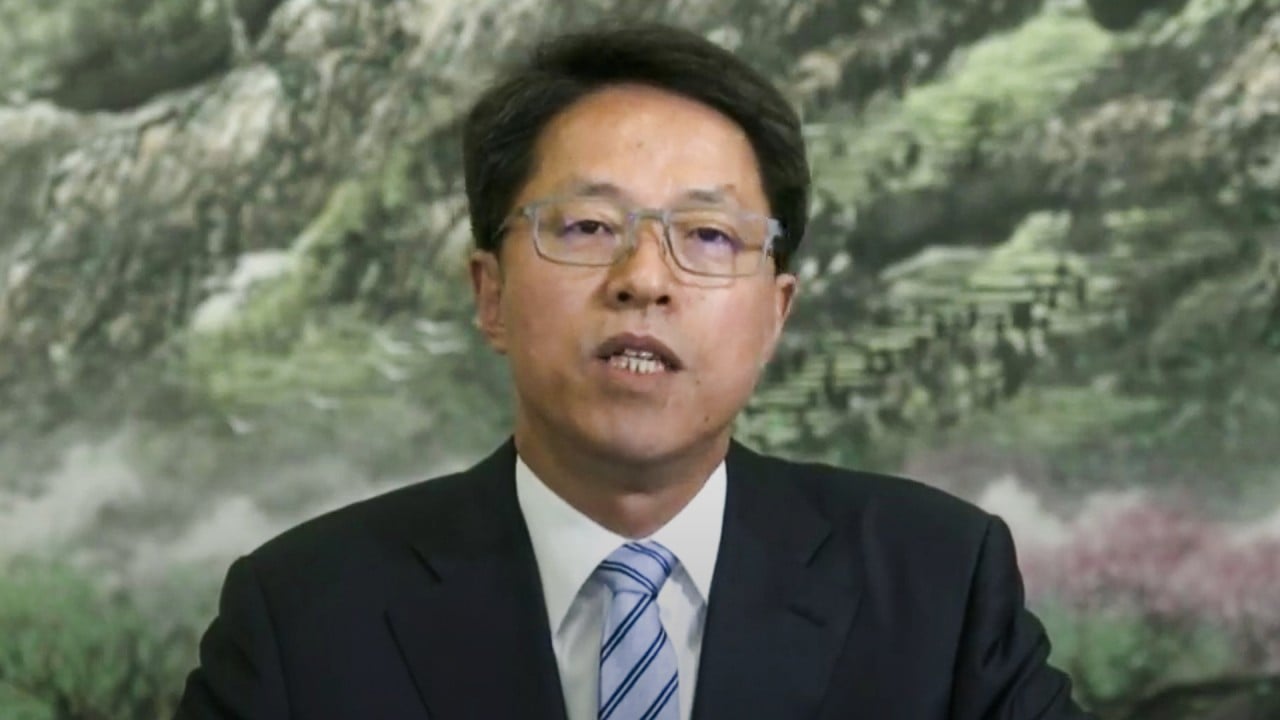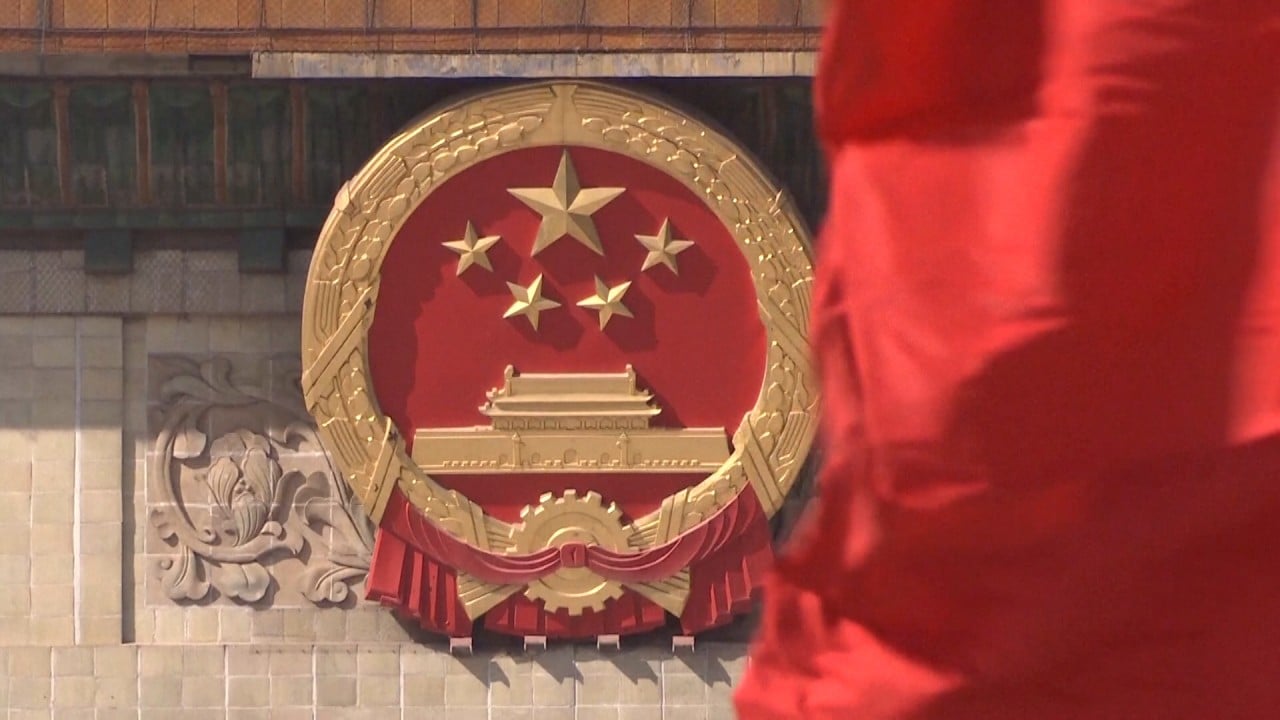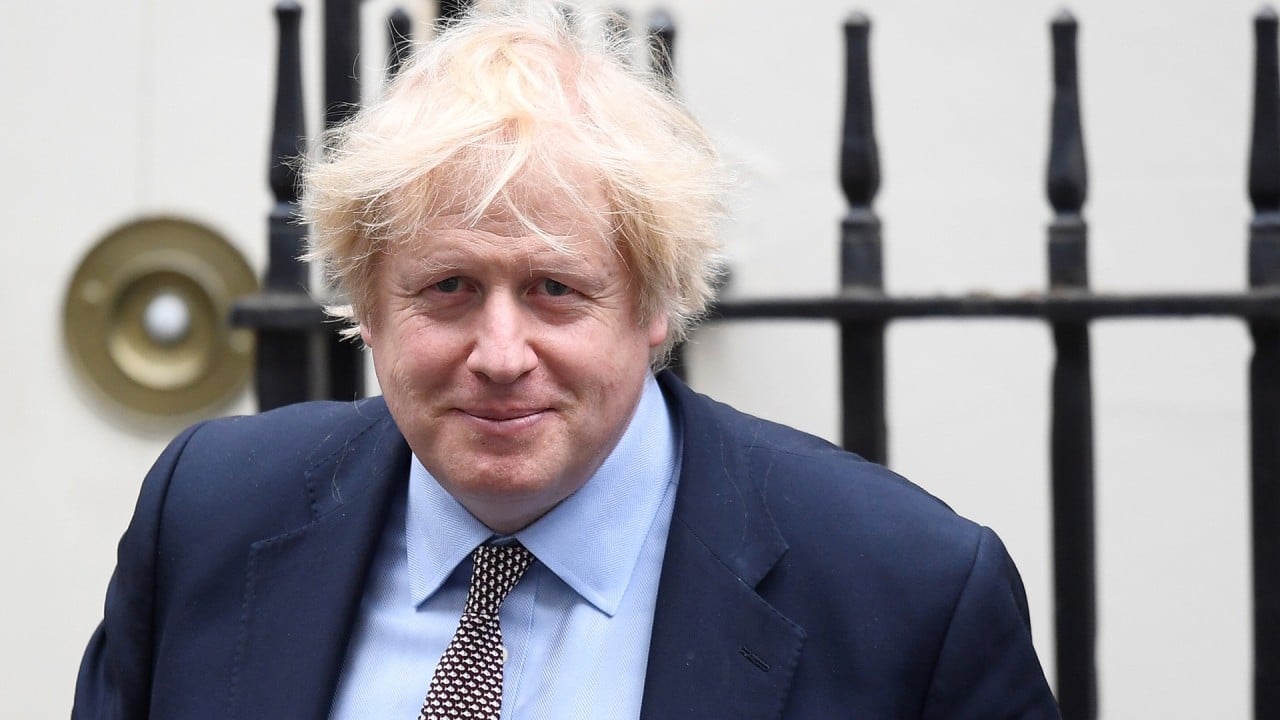
National security law for Hong Kong ‘not retroactive’, but can it be compatible with mainland Chinese legislation?
- Comments by Beijing officials spark more concerns over how impending regulation would work
- Critics warn there is no way in which city’s common law system can be aligned with national laws
But while they took pains to explain the similarities and differences between the legal systems on either side of the border, they also sparked further concerns by suggesting the new legislation should be compatible with national laws applied in mainland China.

03:18
Hong Kong’s national security law is like ‘anti-virus software’, top Beijing official says
“Principles guiding the criminal law system on the mainland are not very different from those in Hong Kong, including proportionality between offences and penalties, non-retrospectivity, procedural justice, presumption of innocence, and the suspects and defendants’ rights of defence,” Deng Zhonghua, deputy director of the cabinet-level Hong Kong and Macau Affairs Office, told a seminar in Shenzhen on Monday.
“All these principles could be stipulated in this legislation.”
Huge differences exist in legal principles and spirit. [Beijing] can’t simply parrot the mainland law and say it’s compatible with the Hong Kong legal system
Deng was the first Beijing official to spell out the principles for implementing the new legislation, which would outlaw acts of secession, subversion, terrorism and foreign interference in Hong Kong.
He said problems that arose during the drafting process were “very complicated”, as acceptability by the Hong Kong public had to be taken into account, while compatibility with mainland laws would also have to be considered.
“This law has to converge with the mainland’s national security laws, anti-terrorism laws, criminal laws, criminal procedure law and other national laws,” he said, without elaborating on how this would be achieved.

His remarks sparked new concerns over judicial procedures and jurisdictions, with opposition lawmakers and critics already up in arms, worried that the new law could be used to stifle dissent and even place Hongkongers at the mercy of mainland courts.
Civic Party leader Alvin Yeung Ngok-kiu warned there was no way in which Hong Kong’s common law system could be compatible with national laws applied on the mainland.
“Huge differences exist in legal principles and spirit. [Beijing] can’t simply parrot the mainland law and say it’s compatible with the Hong Kong legal system,” he said. “Otherwise, we don’t need local legislation for the national anthem law.”
Explainer: What is Hong Kong’s national security law?
Bar Association chairman Philip Dykes also warned that it could be problematic as mainland laws had been treated as foreign legislation in local courts.
While Deng gave an assurance that the new law would not have any retroactive effect, Dykes did not regard non-retrospectivity as a concession, saying it was a general principle stipulated in international codes such as the Universal Declaration of Human Rights.

02:23
Beijing remains ‘very firm’ on national security law for Hong Kong, says city’s leader Carrie Lam
The new law is expected to be passed by the National People’s Congress Standing Committee (NPCSC), the country’s top legislative body, as early as the end of this week.
Article 23 of Hong Kong’s mini-constitution, the Basic Law, requires the city to pass its own national security legislation, but it has been unable to fulfil this obligation for 23 years. Beijing has stepped in to impose the law separately from Article 23, citing the need to plug loopholes exposed by a year of often-violent anti-government protests and interference by foreign forces.
Basic Law Committee vice-chairman Zhang Yong, who did not attend the seminar but had his speech delivered by a colleague, said the national security law was needed to strengthen the bottom line of the “one country, two systems” principle in a bid to make it an “uncrossable red line” and “untouchable fire line”.
The drafting of the legislation would take care of the differences between the two legal systems to ensure it could defend national security while protecting the rights of Hongkongers, he added.

Chen Dong, deputy director of Beijing’s liaison office in the city, said plugging the legal loophole was the “best medicine” to the “months-long violent, secessionist social unrest”.
Addressing fears that the law would put the city’s role as a financial centre in jeopardy, he said: “No funding will flow into regions of unrest.”
National security law: ‘Hong Kong courts should have full jurisdiction over prosecutions’
The Hong Kong News Executives’ Association on Monday strongly urged the NPCSC to exhaust all possibilities to ensure that freedom of speech, press and publication would not be eroded when drafting the law.
Journalists should not be prosecuted for reporting about dissidents making separatist or secessionist remarks, and their phones should not be tapped by officers without court orders, the media organisation said in a statement following a meeting with Tam Yiu-chung, the city's sole delegate to the NPCSC.

03:08
Boris Johnson vows to change visa system for Hongkongers under national security law
“The Hong Kong News Executives’ Association urged the NPCSC to fully consider the views and concerns of Hong Kong journalists before drafting and formulating the concrete clauses ... so the legislation would be clearly defined that the media would not breach the law for its regular reporting work,” the statement read.
Separately, the pro-establishment United Front Supporting National Security Legislation, which said it had collected almost 3 million signatures backing the new law, mounted a new online petition to counter foreign interference, notably from the United States.
Tam, also convenor of the coalition, accused the US of blatantly meddling in Hong Kong affairs by threatening to revoke special trade and customs privileges it grants the city in retaliation for the impending national security law.



